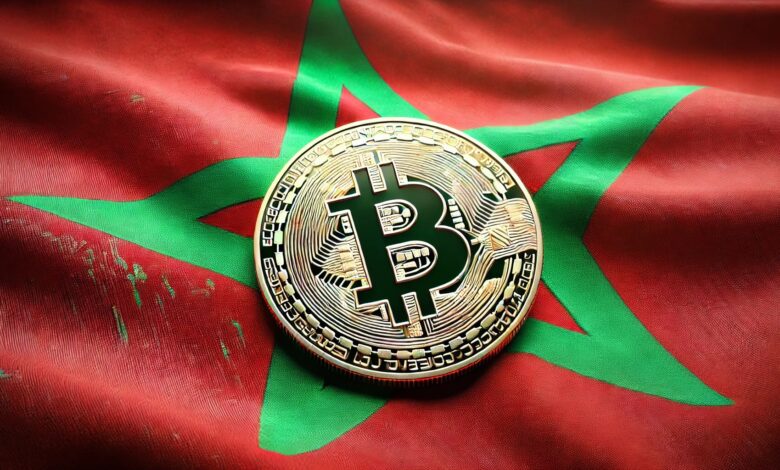
Morocco’s Shift in Bitcoin and Cryptocurrency Policy
In a landmark move, Morocco is gearing up to end its long-standing prohibition on Bitcoin and other cryptocurrencies, marking a major change in the country’s financial landscape. This development follows a statement from Abdellatif Jouahri, the Governor of Bank Al-Maghrib (BAM), who disclosed that a draft law designed to regulate crypto assets is nearing completion. “A draft law is ready for adoption,” Jouahri revealed during an international gathering in Rabat, as reported by Reuters.
The Planned Reversal of Morocco’s Bitcoin and Crypto Ban
Since 2017, Morocco has maintained a ban on digital currencies, primarily due to fears about financial instability and the unpredictable nature of the market. Despite these restrictions, a significant portion of the Moroccan populace continued to engage with digital currencies discreetly. By 2022, approximately 1.9 million Moroccans, or roughly 4.9% of the population, were estimated to own digital assets. Globally, Morocco ranks high in cryptocurrency adoption, and a report from Chainalysis in 2023 highlighted Morocco as the second-leading African nation for crypto use, only behind Nigeria.
The Central Bank’s New Approach to Cryptocurrency
The decision by Morocco’s central bank to regulate rather than ban Bitcoin and other cryptocurrencies reflects an evolving perspective on the potential benefits these digital assets offer. Governor Jouahri has pointed out that BAM is also considering the creation of a central bank digital currency (CBDC), similar to initiatives in many countries worldwide. “We are examining how CBDCs might help achieve certain public policy goals, especially regarding financial inclusion,” he commented.
Morocco’s move from a complete ban to the integration of Bitcoin and cryptocurrency regulations has been a deliberate process. In March 2022, Moroccan leaders consulted with international financial authorities, including the International Monetary Fund (IMF) and the World Bank, as well as central banks from Sweden, France, and Switzerland, to learn from their approaches to crypto regulation. This indicated Morocco’s shift towards a more refined crypto policy.
Steps Towards Crypto Regulation
By June 2022, BAM publicized its intention to introduce a Cryptocurrency Regulation Bill, marking a significant departure from its previous stringent approach. This initiative was supported by collaborations with the World Bank and IMF, helping to draft comprehensive legislation. In August 2022, the Moroccan Capital Markets Authority (AMMC) unveiled a fintech portal to support financial sector innovations, showcasing a regulatory readiness to embrace cryptocurrencies. By December 2022, Governor Jouahri confirmed the completion of the crypto regulatory framework, ready for presentation to fintech stakeholders. “We have worked closely with the World Bank to finalize this project,” he stated.
As of the latest updates, Bitcoin is experiencing market fluctuations, with prices recently dipping below $93,000.







